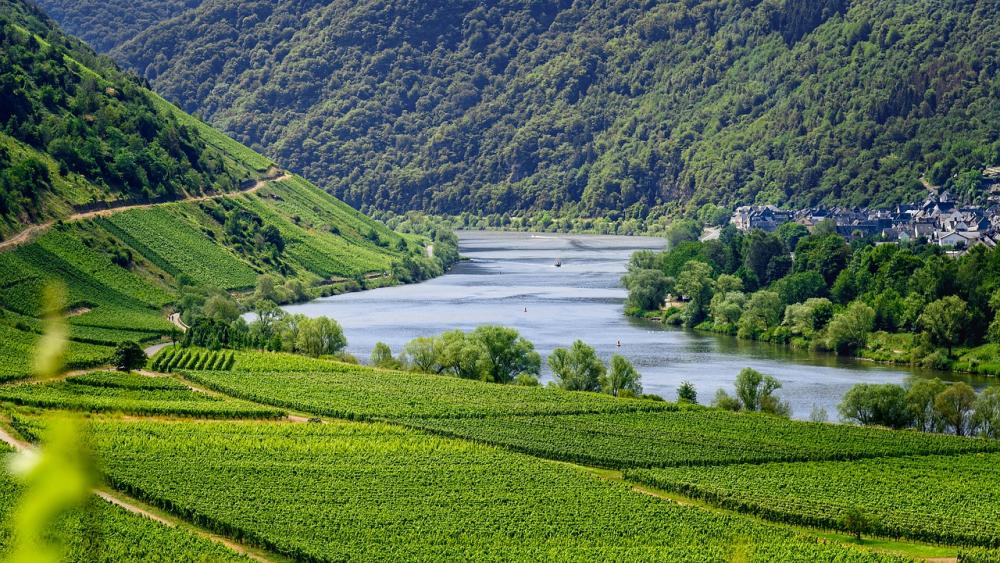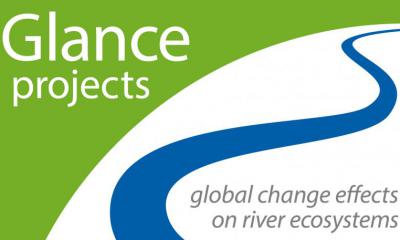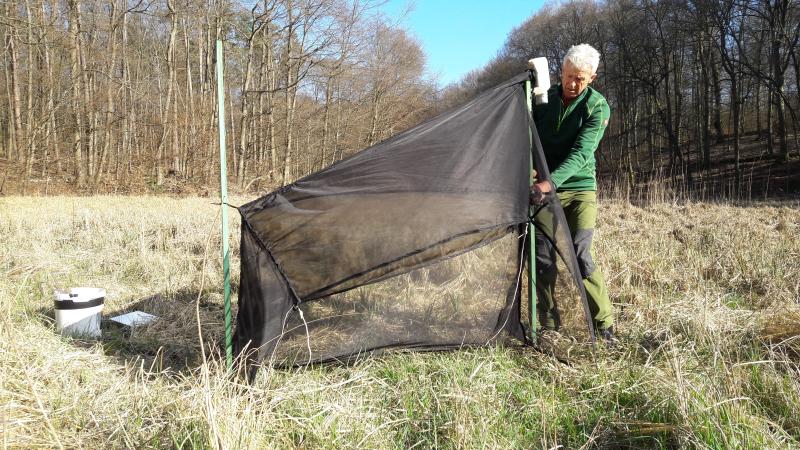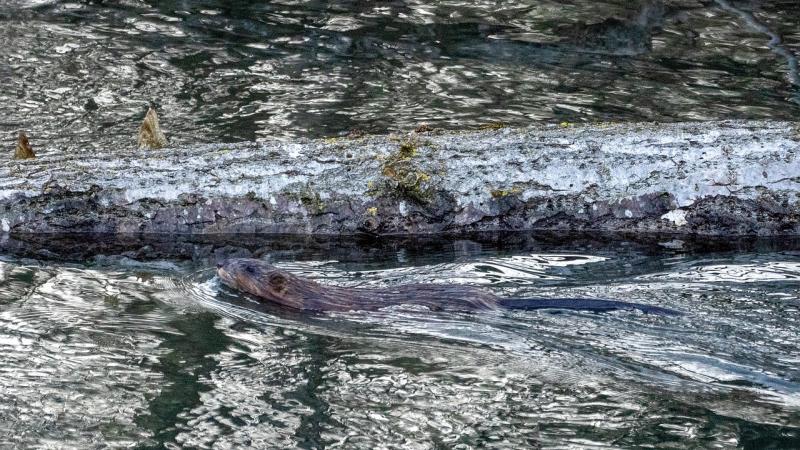
Viticulture, recreational shipping, cities – rivers are being used intensively and are exposed to various stressors. | Photo: tama66 / Pixabay
A trio of scientists from IGB and the University of Duisburg-Essen, replying to a recent comment piece in Nature on river management, points out the complexity of natural ecosystems and their multiple stressors. Sustainable river management must also consider climate change and mitigate conflicts between use and conservation of a river.
“We agree that alteration of river flow is important, but it is just one of many stressors affecting rivers – most of which are exacerbated by climate change. The interactions of flow alteration with other stressors, such as additional nutrient inputs from agriculture and industry, or changes in the riverbed, must be taken into account when designing management plans for a river,” emphasises Sonja Jähnig, who investigates global change effects on river ecosystems at IGB.
“In addition to natural-history data like the life cycle of species, biological and environmental monitoring data are essential for river management. For example, the occurrence and abundances of different animal and plant species or the recording of various environmental variables such as water quality. However, such monitoring data are so far dramatically underused – and unfortunately are often not made available,” stresses Michael Monaghan, whose research at IGB focuses on the evolution and ecology of aquatic biodiversity. “Providing monitoring data according to the FAIR principles may help to better understand the cause-effect relationships of river degradation as well as restoration.”
The three researchers agree that adaptive river management must also consider future scenarios of climate, population and land-use, and related stressors. This will allow scientists and managers to look at the impacts in different regions and to enable a large-scale ecosystem management.








